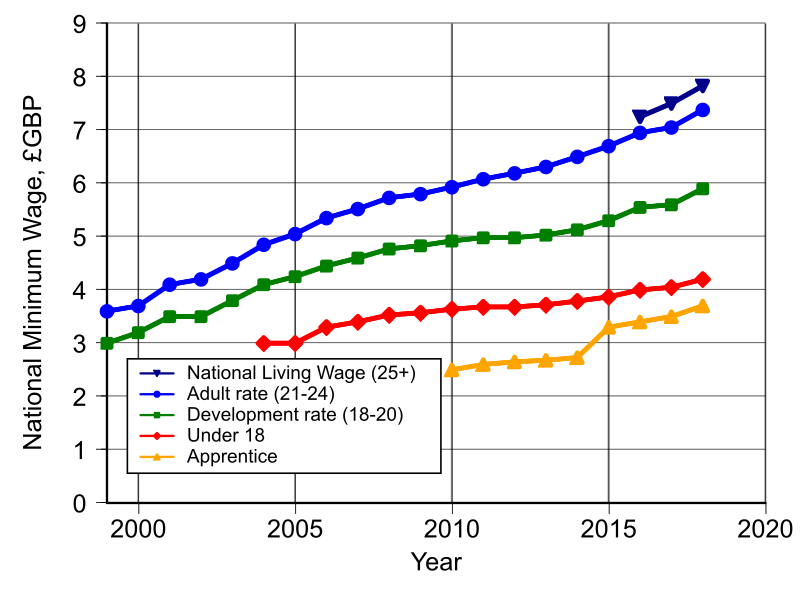EasyGo Initiative: Homeowners to Share EV Chargers and Earn Income

In a groundbreaking initiative aimed at boosting electric vehicle (EV) adoption in Ireland, EasyGo, an electric vehicle charging company, has partnered with the Department of Transport to launch a pilot program that allows homeowners to install free EV chargers and generate income by sharing them with their neighbors. The program, known as the EasyGo scheme, is designed to address one of the primary barriers to EV adoption: the limited availability of off-street parking where home chargers can be installed.
The EasyGo initiative will initially roll out in densely populated urban areas, commuter zones, and rural locales, specifically targeting neighborhoods such as Stoneybatter and Phibsborough in Dublin, Kilcock in County Kildare, and Dingle in County Kerry. With a total funding of €140,000, the program aims to install 15 to 20 chargers at homes and small businesses in each designated area, thereby enhancing community access to EV infrastructure.
According to Ollie Chatten, Chief Executive Officer of EasyGo, the program will reimburse homeowners monthly at a rate that will not fall below their electricity costs. Homeowners will also retain control over the charging times, thus providing them with flexibility according to their schedules. Chatten described the initiative as a transformative venture that will reshape community perceptions regarding EV infrastructure. He stated, "It’s a great opportunity for us. We’re very excited to be working closely with the Government on it and hopefully helping them frame future policies."
Minister for Transport, Darragh O’Brien, emphasized the significance of the initiative for Ireland's climate goals. "This innovative pilot reflects how local action can support national ambition. By enabling homeowners to share access to EV chargers, the Shared Charging Scheme taps into the power of community to close infrastructure gaps, accelerate EV adoption, and help achieve our climate goals."
The pilot program is set to run for an initial period of 12 months, with an option for extension to 24 months, contingent upon its success and community engagement. This project is part of broader efforts by the Irish government to promote sustainable transport solutions as part of its Climate Action Plan. The plan outlines ambitious targets for reducing greenhouse gas emissions, including a commitment to having 1 million electric vehicles on the road by 2030.
The EasyGo scheme aligns with international trends in EV infrastructure development. For instance, similar community-based charging initiatives have been launched in various countries, aiming to leverage local resources and community engagement to enhance EV adoption. Such models have shown promise in reducing infrastructure costs and increasing the accessibility of charging stations.
In addition to the pilot program in Ireland, EasyGo recently secured a £300 million contract in Scotland to install over 500 new chargers and maintain nearly 800 existing ones, covering regions such as Highland, Aberdeen City, and Moray. This expansion is expected to bolster the company’s workforce at its Maynooth, County Kildare office, where it currently employs 70 individuals.
The implementation of the EasyGo initiative raises important questions about the future of EV infrastructure in Ireland and beyond. As cities and communities continue to explore innovative solutions to enhance EV adoption, the success of the EasyGo program could serve as a model for similar initiatives worldwide. Experts suggest that community-based charging schemes could play a crucial role in reducing the environmental impact of transportation while fostering economic opportunities for local residents.
In conclusion, the EasyGo initiative represents a significant step forward in addressing the infrastructural barriers to EV adoption in Ireland. By empowering homeowners to share EV chargers, the program not only enhances accessibility but also promotes a collaborative approach to achieving national climate objectives. As the pilot program unfolds, its outcomes will be closely monitored to inform future policies and initiatives aimed at fostering a sustainable transport ecosystem in Ireland and beyond.
Advertisement
Tags
Advertisement





